Porsche is in a unique situation in the marketplace today, in that they are somehow continuing to see success in EV sales. For those unaware, the EV market as a whole has stalled out over the past two years, as the buying public is showing much more interest in sustainable fuel and hybrid vehicles instead of battery powered electric vehicles. This has caused Ford to cut the production of their EVs in half in the first quarter of 2024, as well as has recently caused Tesla to need to layoff a full 10% of their workforce, almost 14,000 employees.
Yet, Stuttgart has not only completely bucked that trend with an almost constant 3% or greeted year-over-year sales of EVs during the past two years, they are introducing the Macan EV this year. If anyone was hoping it wouldn’t sell, orders are already to the point that they are almost wait-listing into the second half of 2025, so many have come in from around the world.
It begs the question, and one that we will investigate in this article: What is about Porsche’s offerings that is making them sell?
The Recent Consumer Trend Away From EVs
EVs, for sure, have their place on the road, and became a significant segment of the market over the past decade and a half. For the longest time, the only real EV you could buy was a Tesla, but then companies started to make alternatives in the early 2010s. They weren’t showstoppers or even all that powerful, but they were more affordable than the Teslas of the time and paved the way for other manufacturers to get their foot in the door.
Right around the time of the holy trinity of hypercars, which included the Porsche 918 Spyder, announcements came from all directions about plans to build more EVs to cover almost every segment, from econoboxes to full out hypercars. Porsche joined in there with the Mission E concept in 2015, a long, low, sleek four-door EV that was completely in line with Stuttgart’s design language.
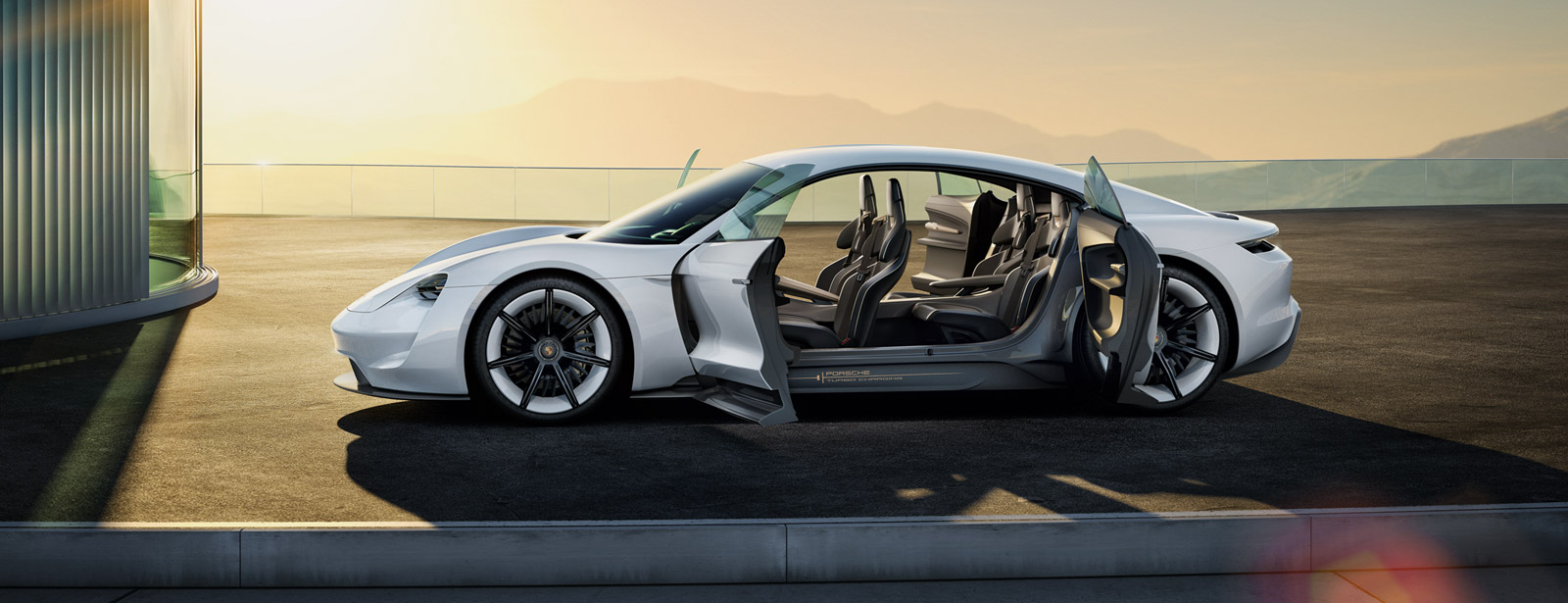
From 2019 to 2021, the Taycan grew almost exponentially in sales, from 813 in 2019 to 20,015 in 2020. Even when the world had ground to a halt during the global pandemic, it doubled in sales to 41,269 in 2021. It was around this time that EVs as a whole started to stall out, as the novelty of EVs started to wane in the face of many manufacturers producing both fuel-saving and performance hybrid vehicles.
The biggest factors in the consumer shift away from EVs were range anxiety and infrastructure. It is only in the last 24 months that enough charging stations have been placed that you can realistically drive coast to coast across the US in an EV, and from the Southern tip of Italy to the top of Estonia in the EU. In that same area of coverage, there are petrol stations literally every few miles, and even on the longer stretches in the middle of nowhere, you’ll still find a service station every 20 or so miles.
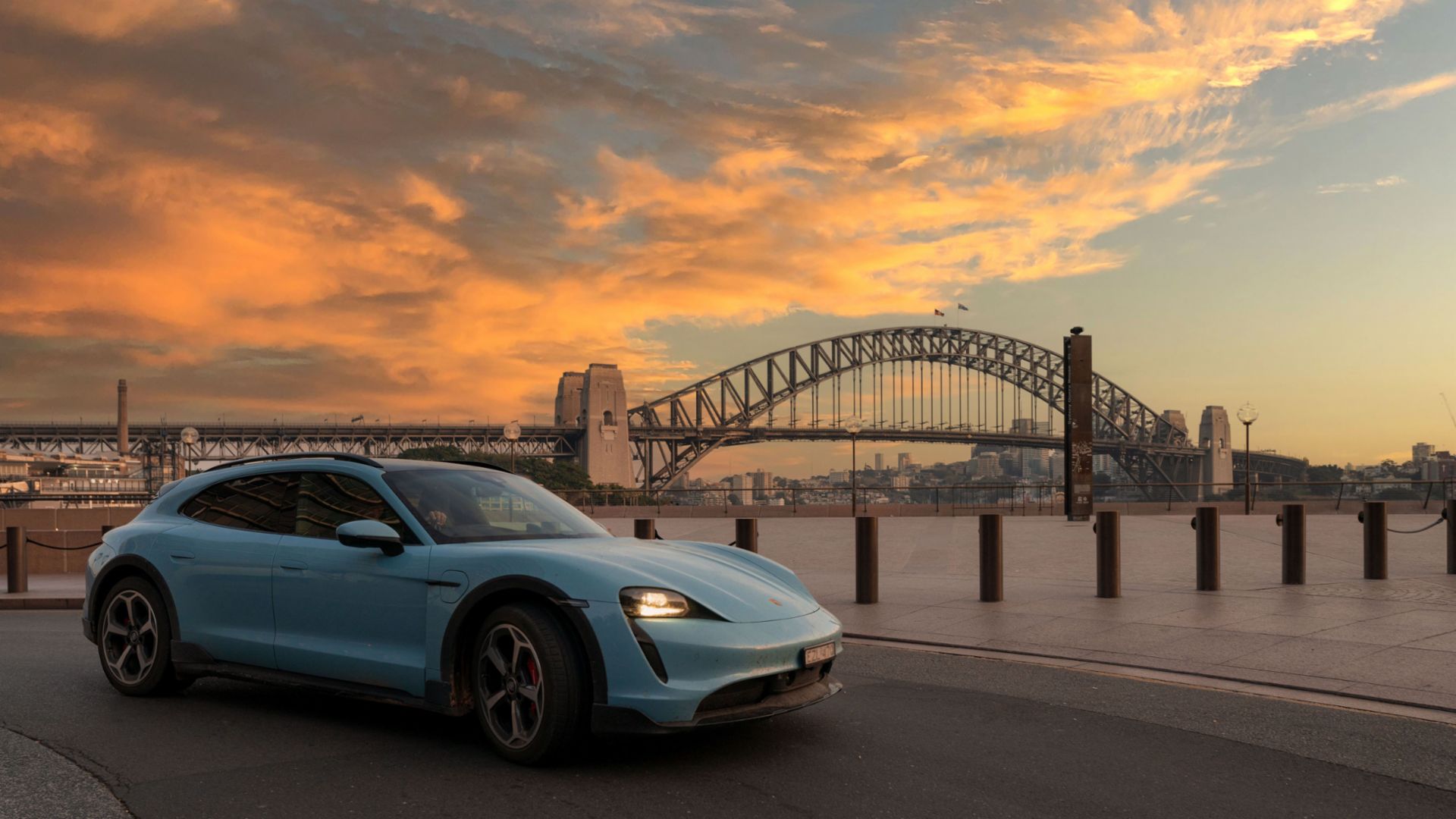
As such, consumers looked at the ability of a hybrid car in eco mode being able to drive damned near 600 miles per tank or greater, and then EVs that could barely manage 280 miles if driven with a hypermiling mindset. Hybrids are still also less expensive, and there are no fancy things you need to do to change their modes, as most hybrids have intelligent controllers that optimize performance and fuel-efficiency constantly.
On top of that, synthetic fuels such as Porsche’s eFuel have made leaps and bounds in that same time period. All of a sudden, carbon capture and net-negative emissions via that carbon capture was not only viable, but almost expected. It was because of this that EVs almost as a whole tanked in 2023… except for the Taycan, which actually grew in sales by 17% compared to 2022.
Porsche’s Current EV Offerings & Why They Are Selling
This brings us neatly to 2024, a year in which Porsche is releasing the most new models and trims than any other point in the company’s history. The Taycan, despite almost no demand for one, now has a near-hypercar model in the Turbo GT, which has already shattered lap records at two legendary tracks. The 718 Boxster and Cayman are done in Europe, and are being discontinued in the US in 2025 in favor of the next generation, which will be fully EV.
The biggest announcement, however, is that of the second generation Macan, which will only be sold as a full EV. It seems almost paradoxical to be slashing away petrol powered versions of two of the most popular models of Porsches, yet Stuttgart is doing just that and bringing out EV versions of both.
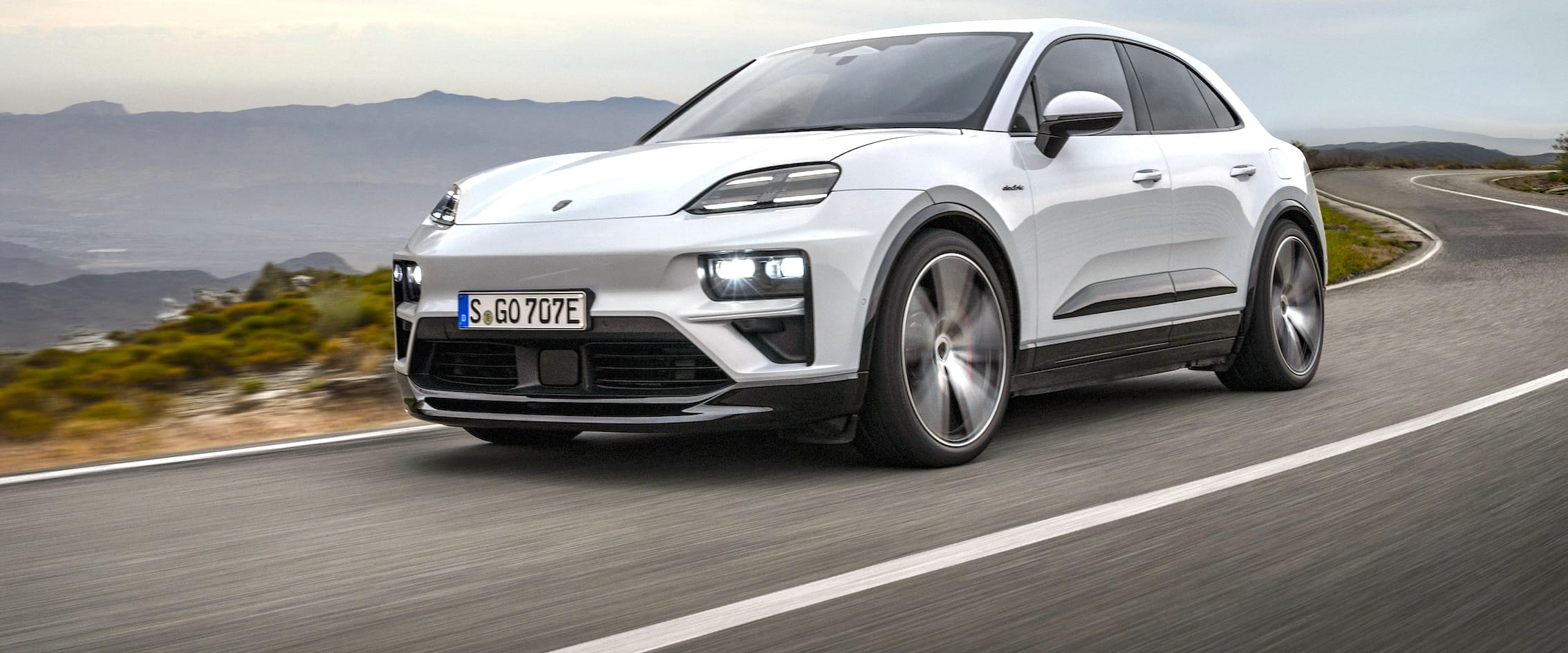
Then again, they have the data to back up their decision. Ever since the announcement of the second-generation Macan in November 2023, Porsche has been completely overwhelmed with orders for the EV. In fact, when orders for the Macan EV opened in January of this year, more than 10,000 orders flooded in, with deposits, in the first four weeks alone. Sight unseen, with no test drive or even touching the vehicle at all.
Even more surprising, those orders have come in despite the Macan EV coming in nearly $20,000 more than the petrol powered model it is replacing, in the US at least. In fact, there are now so many orders that the waitlist is already into Q2 2025 for expected deliveries. So what magic is it about the Porsche models that is making their EVs sell?
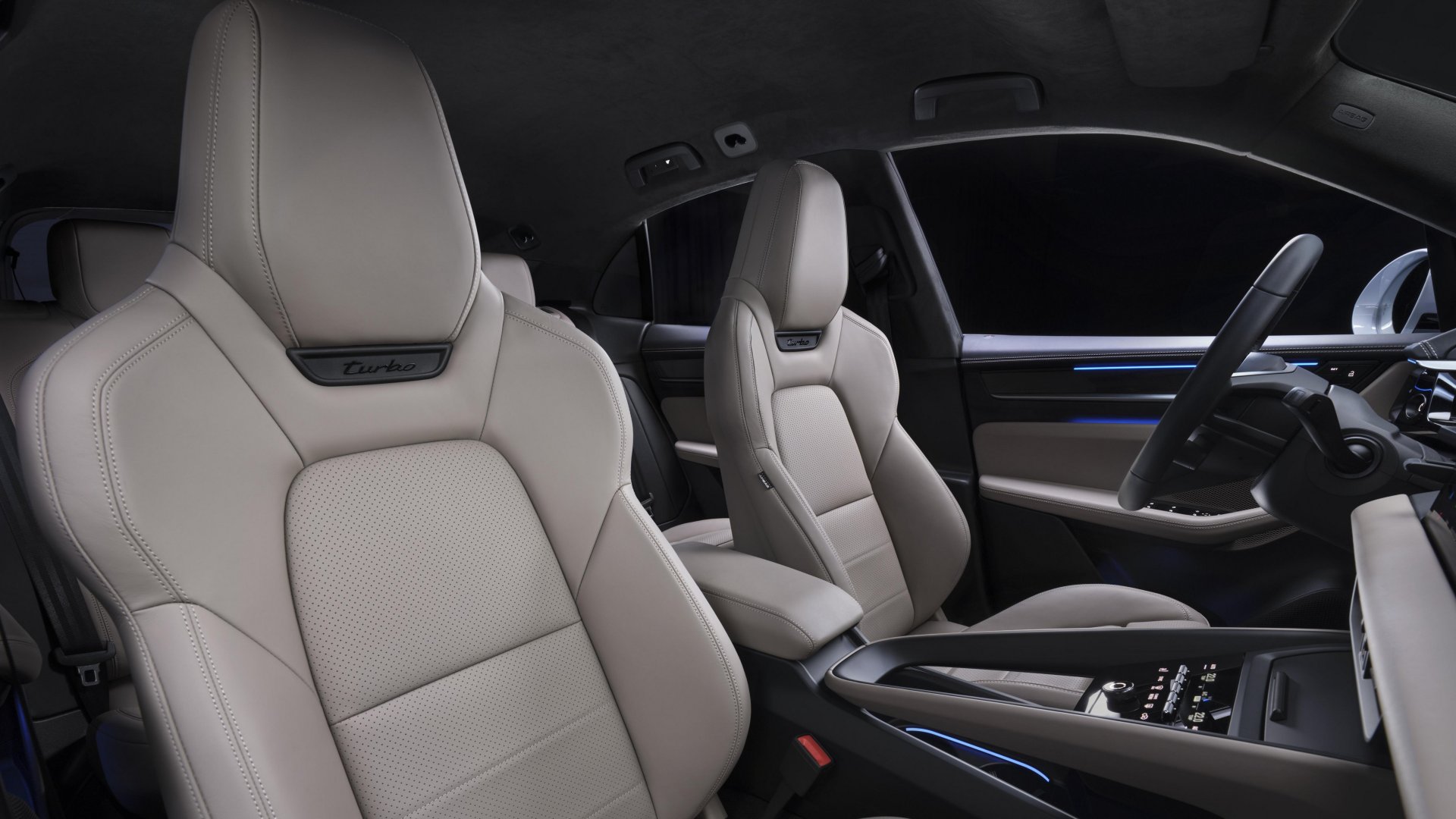
In the simplest terms, it’s because of all the “upscale” EV’s out there, Porsche’s models are the only ones that properly feel like they’re worth the price, according to multiple consumer reports. A lot of people buy not with sheer facts and numbers in mind, they buy when they feel that they are getting value for their money. Even at nearly $80,000, those buyers are getting a proven EV technology from the success of the Taycan, the usability of a crossover vehicle, as well as the expected luxury and performance of a Porsche. When your grocery getter CUV can do 0 to 60 in 3.5 seconds and keep going straight to 155 MPH, it does cause one to grin a little.
However, even Stuttgart knows to not toss all their eggs into one big basket, which is why the other side of the business is investing in a similar, but different, way.
The Expansion Of Hybrids & Synthetic Fuels
Up until 2024, only two model ranges had hybrid drives as options, the Cayenne and the Panamera. Coming out of 2024, Porsche will offer what many purists would consider blasphemy, which is a hybrid drive for the venerable 911. We can already hear the torches and pitchforks rattling, but there is method to their madness.
Firstly, it is highly unlikely that the performance models will see hybrid drives, so the GT3, GT3 RS, and future special models like the Sports Heritage or Dakar will see electrification. It is very likely, however, that the mid-range 911s will see the hybrid added, namely the Carrera 4, 4S, GTS, and Targa. The reasoning is that like the Panamera, these are going to be performance hybrids, not the fuel-efficiency boosting hybrids of the Cayenne models.
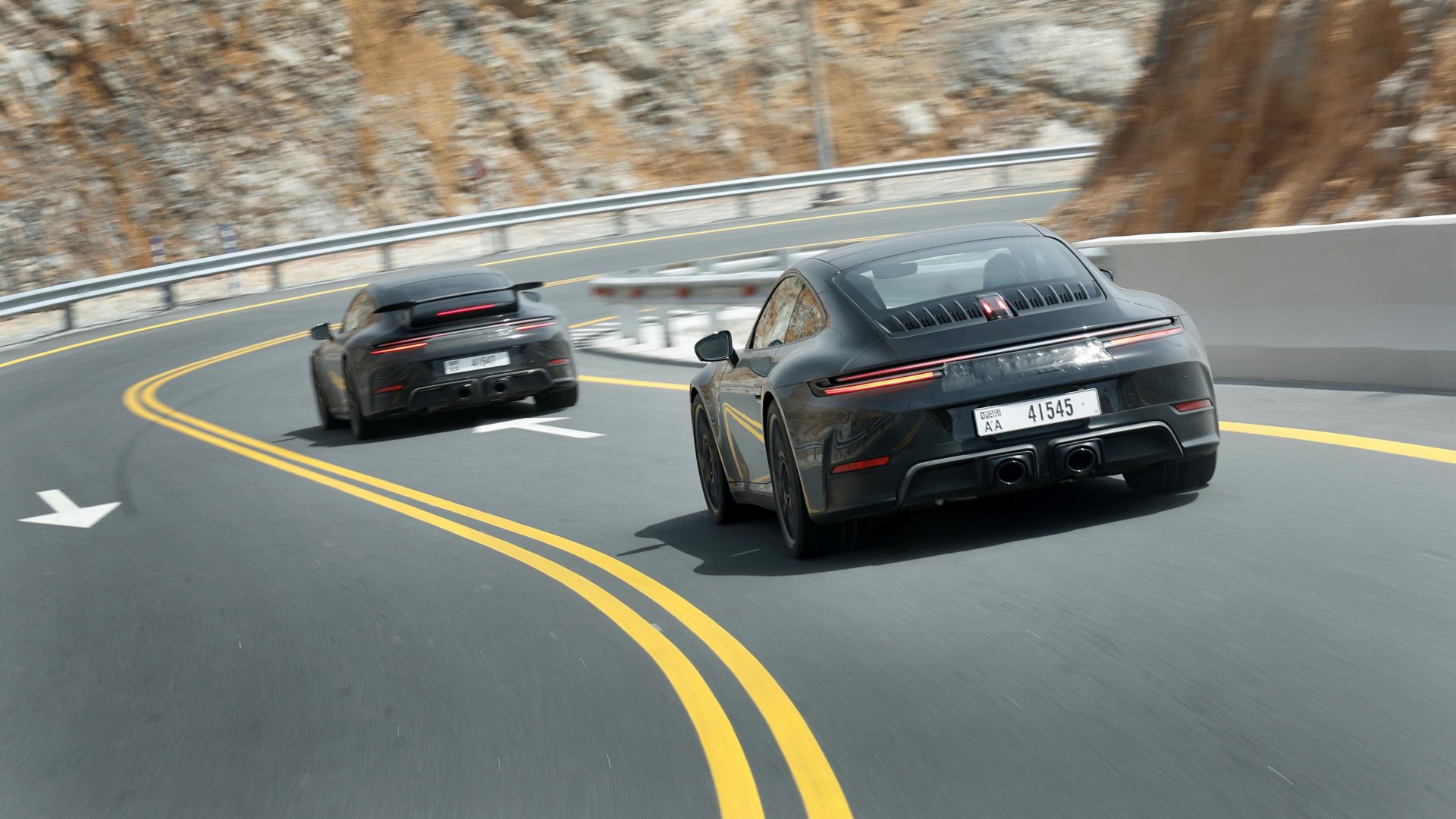
It is also because not everyone that buys a 911 goes straight for a Turbo S, nor for the base level Carrera. The 4, 4S, and Targa are among the most popular models, so it is a natural place in the trim levels to offer electrification as a bit of a performance booster, much in the same way the Chrono Package is currently offered to give you those few little extra features that transform the car from a sports car to a sports car.
The second major method behind Stuttgart’s madness is that they can read the writing on the wall, which is why they are also heavily invested into sustainable synthetic fuels to the point of being industry leaders. Customers around the world want electrification, but they also want the reliability and familiarity of internal combustion, which is why hybrids are the market to be in right now. When they can also fill up with synthetic fuel, made with carbon capture that offsets the emissions their hybrid 911, Cayenne, or Panamera will put out, it’s literally a win-win-win scenario between the customer, the company, and the environment.
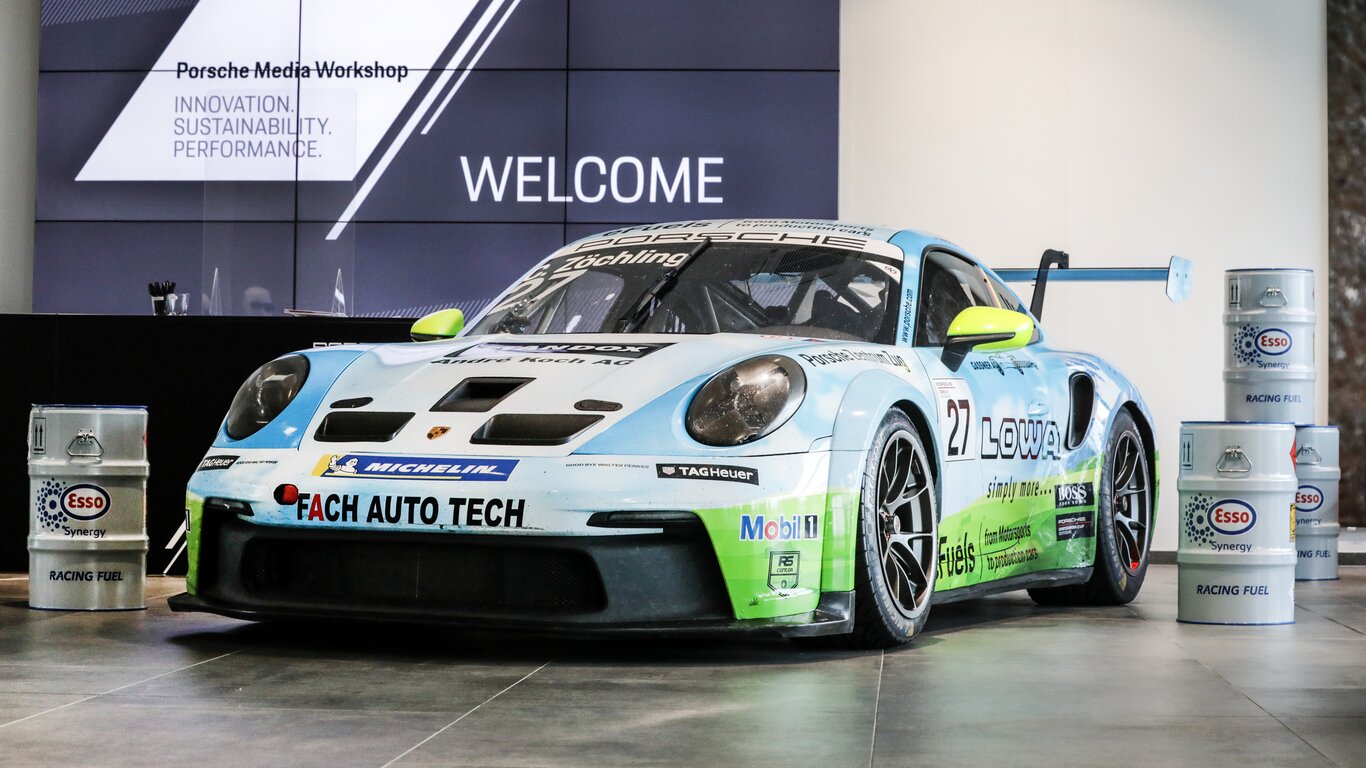
EVs were once seen as the only alternative to gas-guzzling cars and SUVs, but with hybrids and synthetic fuels, there is a middle ground that satisfies every concern of the customer. Familiarity with internal combustion, range extending/performance boosting hybrids, and the ease and speed of filling up a tank in 5 minutes or less.
In the face of it all, with EVs that provide excellent value for money and hybrid drives boosting performance while also saving a little (synthetic) fuel, our question to the naysayer is relatively simple:
Why wouldn’t Porsche want to expand their hybrid and EV offerings?
We honestly can’t think of an answer. Not one, at least, that would cause us to think that Stuttgart’s strategy isn’t bang on the money (literally).


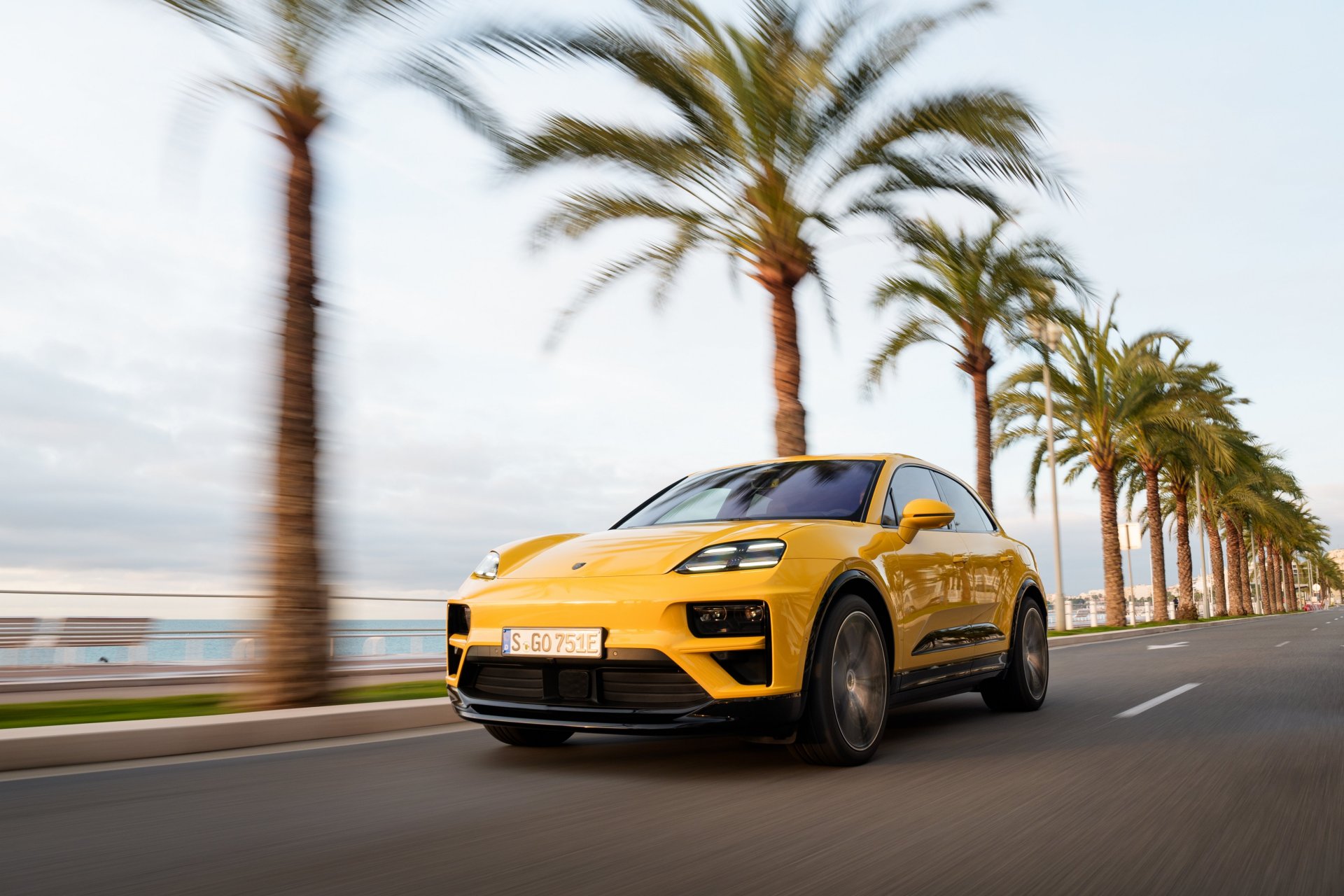
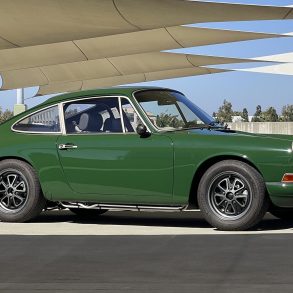
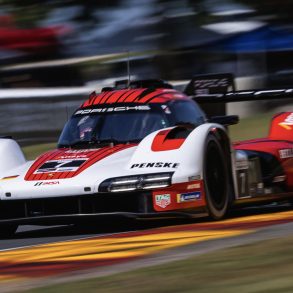
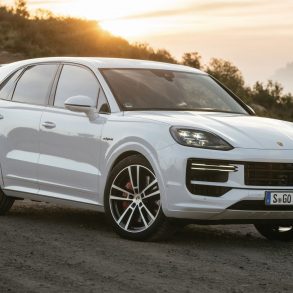
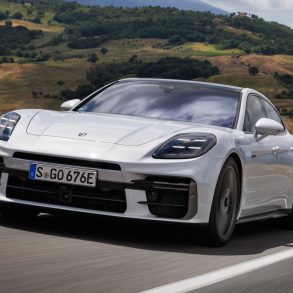
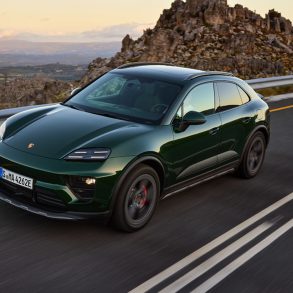
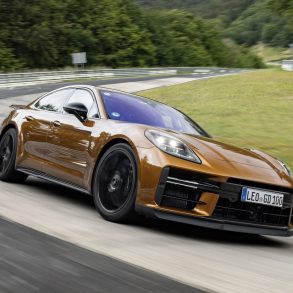
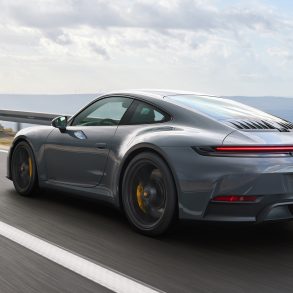
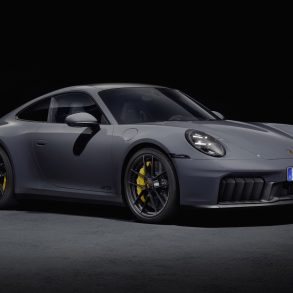
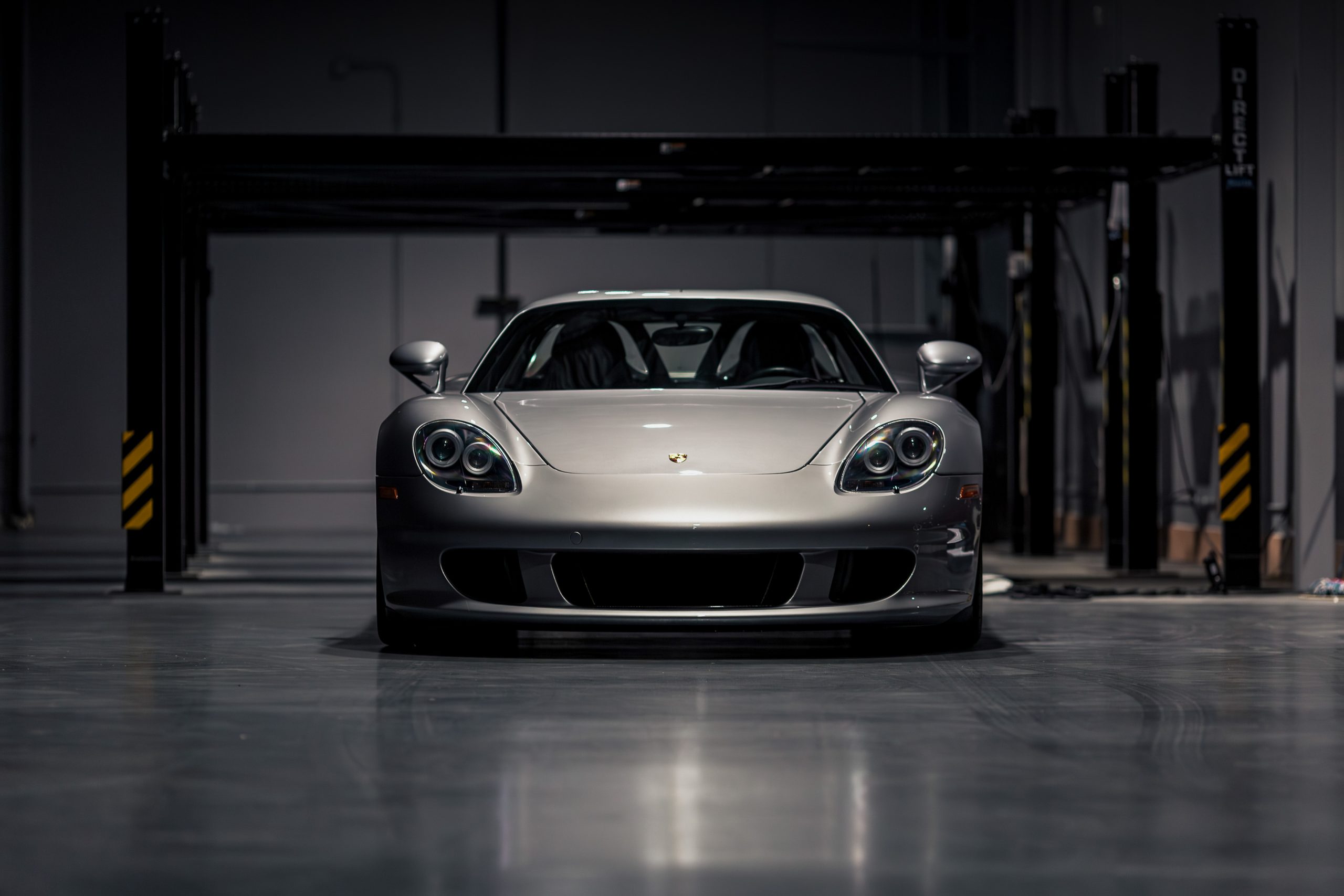
I am not surprised that Porsche is the leader in the hybrid development program. I am a retired mechanical engineer who has driven vehicles of every type of drivetrain in the past 5 decades of living in western Canada.
0